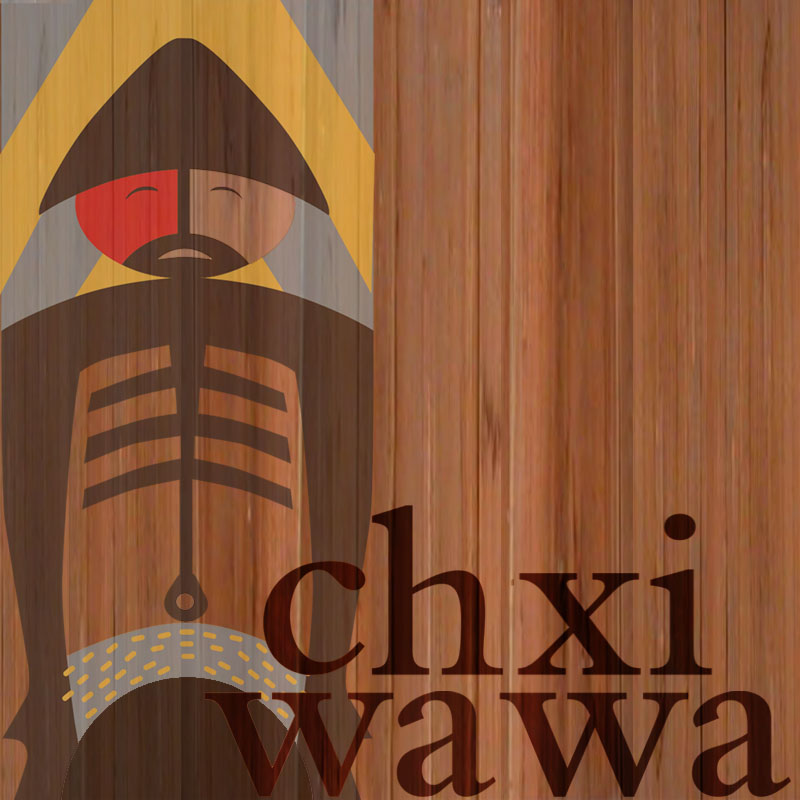Seventy years ago, Congress passed the Western Oregon Termination Act, or Public Law 588. For most of the 61 tribal nations named across western Oregon, the repercussions of termination were immediate, widespread and catastrophic.
It destroyed tribal economies, gave away tribal resources, led to severe land loss and damaged tribal cohesion. The Western Oregon Termination Act of 1954 was designed to end the federal government’s fiduciary and moral obligation to tribes, allowing the United States government to end federal services promised to tribal nations through treaties and other government policies.
As an elected and hereditary leader of the Chinook Indian Nation, which has always lived on both sides of the mouth of the Columbia River, I am deeply troubled that we are the only nation still grappling with the immediate and catastrophic impacts of that act.
Prior to 1954, the federal Bureau of Indian Affairs sought to involve the Chinook Indian Nation in discussions to assess prospects of termination. Our tribal council and community were invited to, and participated in, numerous meetings, including two in Bay Center, home to our current tribal headquarters. Those meetings in October 1953 led to the termination of three of our nation’s five constituent tribes: the Clatsop and Kathlamet and — erroneously — the Lower Chinook Tribe from the north shore of the mouth of the Columbia River.
Our Chinook Indian Nation is landless because we refused the terms of treaties that would have removed us from our territory in the 1850s. That, and the fact that not all of our tribes were named in the act, meant the effects of Congress’ actions were not felt as immediately or devastatingly in our community as they were by our neighboring nations that only had lands in Oregon.
Because only three of Chinook’s five nations were terminated, the nation retained federal services until 1967, when the U.S. Department of the Interior cut services to 100 landless tribes. The Western Oregon Termination Act functioned as a catalyst for Chinook’s current lack of federal acknowledgment.
Indigenous nations are not a homogenous group, and our relationships with the United States government are complex and diverse. The government-to-government relationship between each tribe listed in the Western Oregon Termination Act and the United States has always differed significantly, underscoring the need for individual consideration and action.
Congress has taken steps to heal this injustice by restoring 58 affected tribes. We celebrate the restoration of our friends and neighbors, rejoicing in their renewed access to essential federal services and protections. Yet, it is difficult to watch my community continue to suffer without critical and lifesaving services.
Without restoration, the Chinook Indian Nation cannot access many federal protections or rights. As we applaud the progress made for our neighboring nations, we must also call for a complete and inclusive resolution to the disastrous effects of the Western Oregon Termination Act, ensuring that our Chinook Indian Nation community is no longer left behind in the healing process.
Decades of advocacy and substantial historical and legal evidence led to the Clinton administration formally recognizing the Chinook in 2001. This recognition was a step in the right direction, but just 18 months later, the Bush administration arbitrarily rescinded it. To this day, the Chinook Indian Nation continues to fight to restore our federal recognition, supported by our neighbors and many of the other tribes affected by the Western Oregon Termination Act.
Until the Chinook Indian Nation is properly seated as a federally recognized tribe at the mouth of our great Columbia River, the stain of the termination era will remain on Oregon.
U.S. Rep. Marie Gluesenkamp Perez committed to supporting this cause in Washington, D.C., during the 2022 midterm election, and we have had numerous expressions of support from members of both our Oregon and Washington state delegations.
As an elected Chinook Tribal Council officer and an Oregon resident, I am calling on an end to words and asking for immediate and unanimous action by our Oregon congressional delegation to end this painful chapter of our state’s history by introducing and championing the Chinook Indian Nation Act that will once and for all clarify the status of our important nation.








